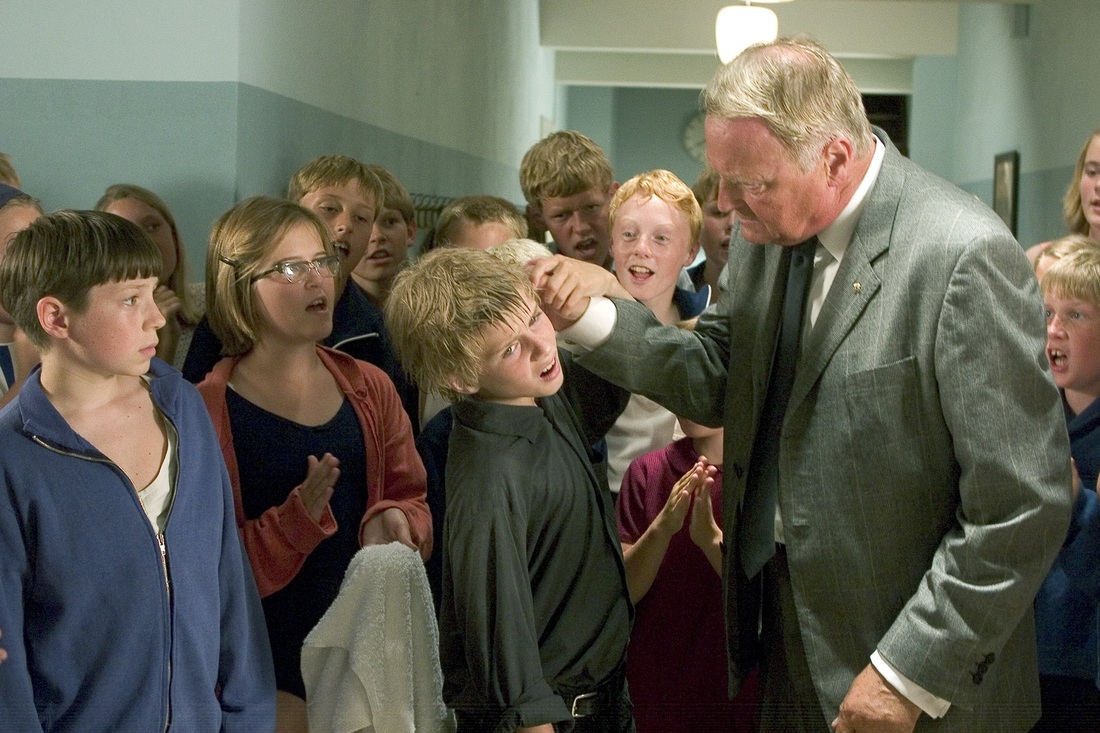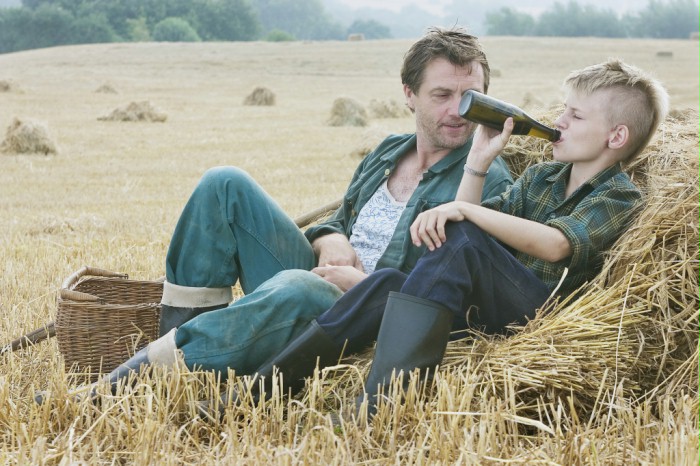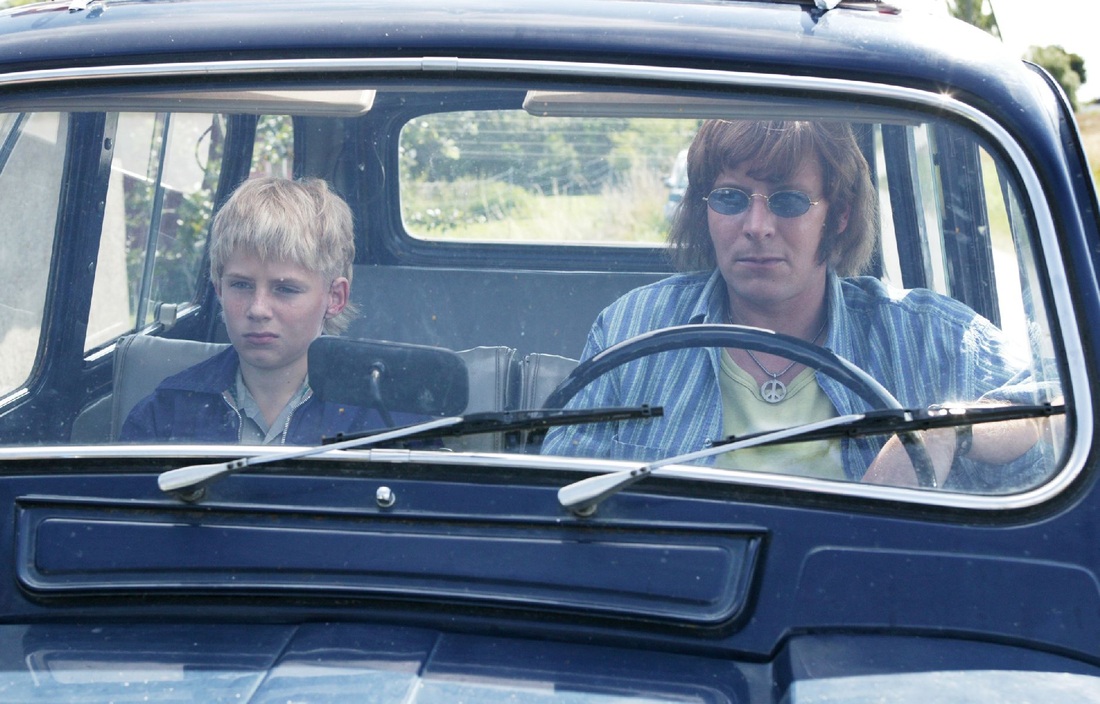|
|
We Shall Overcome (2006) is a dreamy tale of ambitions. Niel Arden Oplev’s award-wining and powerful drama showcases a boy facing the injustices of an abusive education system. The film has secured a UK release following the success of Oplev’s The Girl with the Dragon Tattoo (2009), another compelling story featuring an equally accomplished blend of characters. Oplev’s work demonstrates an intimate understanding of the power and potential of the image. Martin Luther King’s image and words play a prominent role in the film; the “I have a dream” speech inspires the central character and his words resonate with a refreshing surge of power in this voyage of triumph and justice.
Surrounded by yellow wheat fields, a rural farm caters to the comforts of family and the ambitions of the young dreamer, Frits (Janus Dissing Rathke). Farm boy Frits’s assimilation into the education system is hindered by as a result of his social status and his growingly rebellious attitude, forcing him to overcome several obstacles. Lindum-Svendsen (Bent Mejding), the conservative headmaster, repeatedly brings shame to Frits and his family, sending the two into a long and nightmarish battle. At the same time, Frits must also cope with his father’s deteriorating health and mental breakdown. The film plunges the audience into this gritty reality, uncovering the unjust and abusive powers of authority, which are themselves emblematic of contemporary social problems. The ambitious film tackles the issue of corruption at both an individual and institutional level, along with the social anxieties they evoke. In the summer of 1969, Frits’s family become acquainted with a television. The television acts as a portal into a world all-to-familiar to our own, unveiling grimy social realities to the innocent Frits. Characterised by glaring racial issues and social unrest, the context of this Swedish film fuses with a familiar Western environment. The period is illustrated with images of “flower children” and the struggles of the Civil Rights Movement fondly represented by Martin Luther King, all of which form a backdrop to the film. Inspired by the image and words of King, Frits adopts a keen sense of justice. The continuous references to King and Civil Rights reinforce Frits’s virtuous character and, much like his idol, Frits develops into a symbol of hope by the film’s resolution. The characters are followed and framed with great precision and care. Despite the ensemble of characters, Frits is always at the centre of attention and the camera has a particular bias towards his presence. The investment in the character becomes increasingly more profound. Upon stumbling into a girls’ changing room, for example, Frits experiences a moment of sensual gratification, communicated through his unbroken stare at the sight of his unclothed love interest, Iben (Sarah Juel Werner). Our attachment to Frits surpasses the chaos and commotion of the scene and we revel in the raw sexual tension between Frits and Iben. The audience is invited to share Frits’s experiences subjectively rather than to simply view them objectively. The film evokes the idiom of “actions speak louder than words” and relies on the power of the body as a tool of communication to express meaning. Frits’s plight is expressed in his wide and cool blue eyes and an unkempt hair style that implies a sense of difference. In scenes focusing on his distress, Rathke’s sensitive performance uses the character’s adolescence to its advantage in conveying Frits’s emotions. There is an energetic quality to his childishness, best captured by glimpses of Frits joyfully tumbling through large wheat fields. His jagged complexion maps the hardships he has overcome; he wears his scars as a tribute to his conquests and experiences. Rathke’s performance covers a broad spectrum of emotions; he imbues the character with adorable and childish qualities as well as implying a soulful and endeavouring maturity. Like a dream, the film portrays a spectrum of emotions and it is this that makes watching the film such a pleasurable experience, encapsulated in its understanding of the characters and the strength of its powerfully expressive performances. Consequently Frits is the film’s token of triumph, fashioned from a template of courageousness. |






